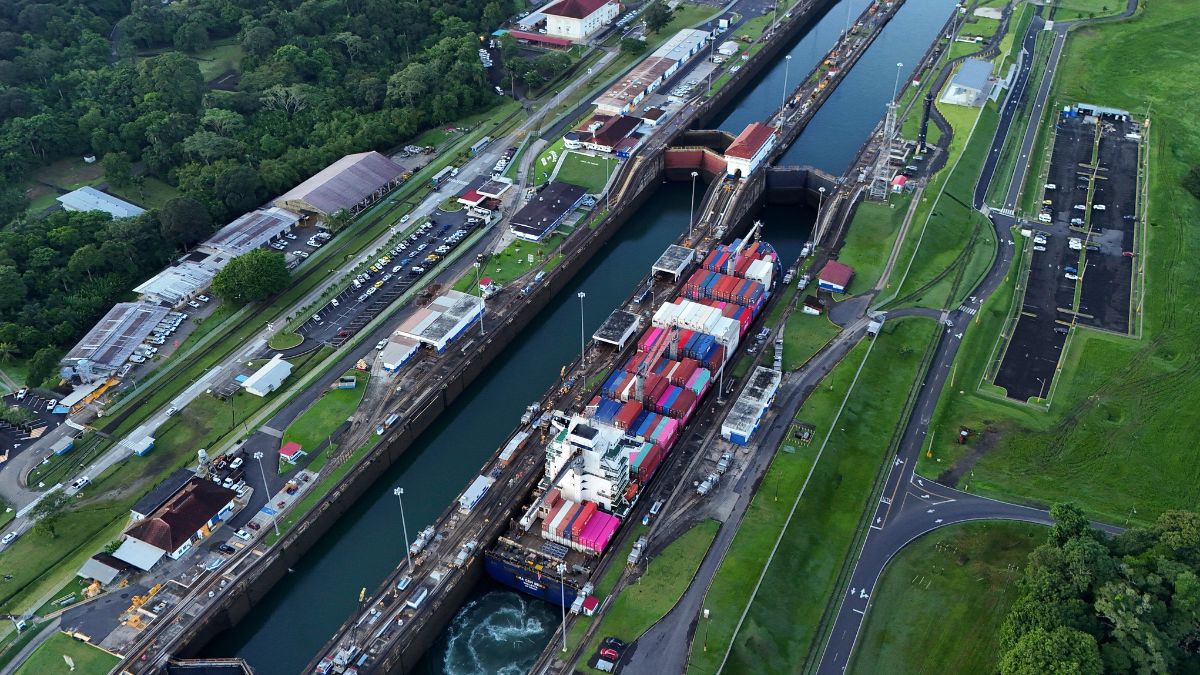Shipping companies will now be penalised for carbon emissions after the International Maritime Organisation (IMO) imposed a rule that would force cargo ship operators to pay a fee for carbon dioxide produced by their vessels.
Vessels will be subjected to a charge after they cross a particular threshold in terms of greenhouse gas emissions. The move is intended to hold the shipping companies accountable for releasing pollutants into the environment and encourage them to use low CO-2 inducing fuels.
The measure is expected to generate around $10 billion annually—significantly less than the $60 billion per year that a direct carbon levy was projected to raise. Additionally, the funds are likely to be reinvested within the shipping industry to support the adoption of cleaner technologies, rather than being allocated to vulnerable countries dealing with the impacts of extreme weather, as would have been the case with a levy.
A commercial shipping consultancy called Umas said that this measure is likely to reduce emissions by 8 per cent by 2030. However, this estimate is far below the 20 per cent reduction in greenhouse gas emissions based on the IMO’s standards.
“The IMO has made a historic decision, yet ultimately one that fails climate-vulnerable countries and falls short of both the ambition the climate crisis demands, and that member states committed to just two years ago,” Emma Fenton, a senior director at the campaign group Opportunity Green, said.
The chief executive of the Green Hydrogen Organisation, Jonas Moberg, an advocacy group for hydrogen, said, “The IMO’s decision today sends an important signal to green fuels companies to go forward with projects. It is now clear that near-zero emissions fuels like green ammonia [a form of hydrogen fuel] will play an ever larger role in shipping in the years ahead.”
Impact Shorts
View AllShipowners may see liquefied natural gas (LNG) as a cleaner alternative to the heavy, polluting bunker fuels traditionally used, but regulations are expected to become stricter in the 2030s, with harsher penalties for LNG use.
However, Tristan Smith, an associate professor in energy and transport at University College London, notes that the new rules could instead promote the use of biofuels—which can also have harmful environmental impacts.
)